Last week, the Supreme Court granted a writ of certiorari in the Myriad case. I previously wrote about the status of this case and, to be honest, the case has gone back to the Supreme Court a bit faster than I had expected.
All we know is that four Justices voted to grant Certiorari, but there are some tea leaves that we can try to read. For example, the decision about which questions to grant Certiorari on is telling. Three questions had been posed to the Court:
- Are human genes patentable?
- Did the court of appeals err in upholding a method claim by Myriad that is irreconcilable with this Court’s ruling in Mayo Collaborative Services v. Prometheus Labs., Inc., 132 S. Ct. 1289 (2012)?
- Did the court of appeals err in adopting a new and inflexible rule, contrary to normal standing rules and this Court’s decision in MedImmune, Inc. v. Genentech, Inc., 549 U.S. 118 (2007), that petitioners who have been indisputably deterred by Myriad’s “active enforcement” of its patent rights nonetheless lack standing to challenge those patents absent evidence that they have been personally and directly threatened with an infringement action?
Often, the Court rephrases the question when the writ is granted. However, question one was granted verbatim. The wording of the question may be troublesome for Myriad as the Court isn’t even asking if isolated and purified DNA is patentable, but only if human gene generally are.
Another interesting fact is that the Court did not grant cert on the second question. The Mayo decision had invalidated a DNA diagnostic test as not being statutory subject matter. However, in this case, the Federal Circuit has upheld Myriad’s own diagnostic claims, and now, the Supreme Court will leave that decision in place and not address it head on in the Myriad case. The Court could still invalidate the diagnostic claims with a broad holding related to question one, but I think that is unlikely.
This means the Court may be willing to let diagnostic tests to stand despite a potentially hostile position on patenting gene sequences and isolated genes. This would allow for exploitation of gene based diagnostics and other inventions, even if claims to the genes themselves are not patentable.

